In 4 years, flexible workspace in the UK has skyrocketed, doubling to 167 million sq ft in 2023. This surge means fierce competition is always around the corner, with new players rapidly entering the market.
In this competitive landscape, differentiation is non-negotiable. It’s the secret sauce that sets industry leaders apart from the rest.
Think of brands like Apple, celebrated for their intuitive interface and sleek design, or LUSH, renowned for their ethical ethos and unique retail experience: colourful, handmade cosmetics piled high, reminiscent of a sweet shop where you can try everything.
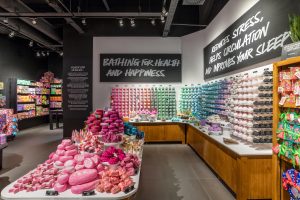
These differentiation strategies not only attract customers: they compound long-term loyalty and profitability.
If you can’t give customers a reason to choose you over the competition – why should they?
Here are the 6 ways office landlords can carve out a niche in the bustling flex market.
1. Product Differentiation
Start by understanding what today’s workers really need from their workspace. Thoughtfully curated amenities tailored to modern work demands make all the difference.
What are you offering that others aren’t?
Ensure your product hits the bullseye of market demand: this is product-market fit. To maximise ROI, your workspace features must seamlessly align with the target tenant’s needs and preferences. Without a deep understanding of market demand and competition, you’re shooting in the dark. Conduct market research and competitor analysis to identify those lucrative gaps and opportunities.
What defines value-adding amenities in your market? Whether it’s an on-site gym, cosy coffee nook, 24-hour access, or childcare facilities, pinpoint your unique selling proposition.
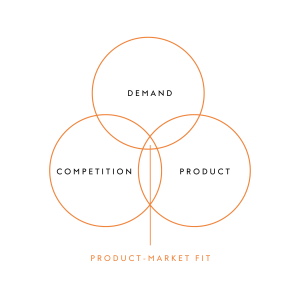
2. Process Differentiation
How do you handle the buying and selling process differently from others?
Streamline the process to make it as seamless and stress-free as possible. 100-page leases are a thing of the past: create a short and simple document, something that’s fair and easy for tenants to agree.
Speed matters – respond to inquiries within 1 hour and follow up consistently to gauge interest. Being proactive builds trust and confidence: it’s key to establishing relationships.
Offer additional services like relocation logistics or interior design to add even more value. Incentives such as rent free periods, furniture upgrades, extra bike spaces, or even free coffee can push prospects over the line.
3. Price Differentiation
Competitive pricing is essential, and it’s not just about being the cheapest. Luxury services exist across many industries for a reason. In fact, many occupants today are willing to pay a higher price for a higher quality space.
Focus on offering fair and competitive pricing that aligns with the value you provide. Do you have a flexible pricing strategy that can accommodate different budgets and needs? Consider how you can set yourself apart with your pricing strategy, whether through flexible payment plans or rent free terms.
Be consistent in your pricing strategy if you plan to use this category of differentiation.
4. Experience Differentiation
Experience is arguably one of the harder differentiators to perfect – while also one of the most important. How does your workspace cultivate an environment that’s not just functional but genuinely commute-worthy?
It boils down to the magic trifecta: amenities and spaces, technology integration, and community and culture.
Optimise space layout to strike the perfect balance between collaborative hubs and private nooks. Leverage technology for seamless operations, whether it’s easy access control, a user-friendly desk booking system, or cutting-edge AV conferencing facilities.
The devil is in the details: ergonomic chairs, ambient lighting, luxurious showers with laundered towel service, great coffee. Elevate the experience at every touchpoint.
It doesn’t stop there. Establish a meaningful community management programme to curate memorable moments. Enjoyable human-interactions elevate the day-to-day – adding value you simply can’t get WFH.
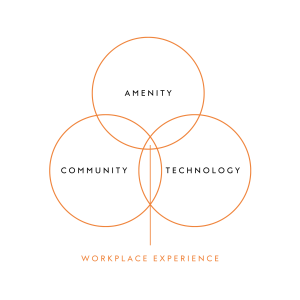
5. Branding Differentiation
When it comes to branding differentiation, there are two crucial avenues: online and physical branding.
For standout online branding, start by understanding your target audience and their pain points. Then, craft a unique brand voice and visual identity that sets you apart in a saturated digital landscape while acutely addressing those pain points.
Communicate your radical differentiation by working on what brand expert Marty Neumeier calls your “onlyness statement” – the extended version of your elevator pitch that defines your differentiation.
In the physical realm, elevate your workspace with strategic branding elements. Think consistently-designed signage, dynamic reception displays, thoughtful welcome gifts, and cohesive branded uniforms for building staff. These subtle yet impactful touches not only keep your brand top of mind but also cultivate an exclusive, members’ club atmosphere that resonates with today’s occupants.
6. Customer Service Differentiation
Finally, customer service differentiation is a tangible avenue to stand out in a crowded market and add real value.
Do you make a concerted effort to understand your customer’s needs and wants? Do you go above and beyond to provide a positive experience?
Offices are spaces built for humans – so creating an environment where people feel supported and valued can be the difference between loyalty and churn.
Building genuine relationships, being proactive in addressing concerns, maintaining open lines of communication fosters trust and loyalty. Prioritising outstanding customer service can turn satisfied tenants into brand advocates, driving positive reviews, referrals, and long-term success in a competitive market.
Featured Stories & Insights
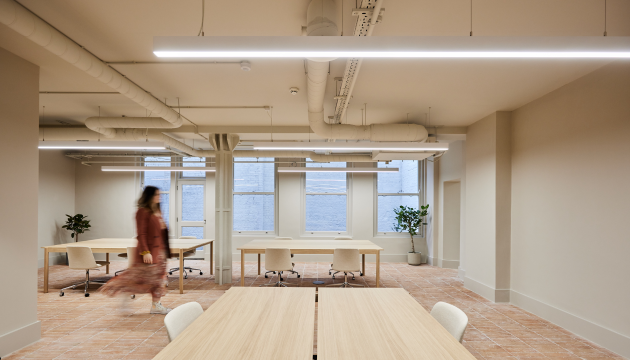 30th January 26
30th January 26
Data, Demand & the Future of Office Performance
In conversation with Greg Blanchard, Portfolio Manager at TSP Data has become a big theme...
Read More 28th January 26
28th January 26
Goodman’s TSP Goes Nationwide with KSA Acquisition
LONDON, 20th January 2026 | News by Tim Burke, EG TSP, the office-focused property manager...
Read More 8th January 26
8th January 26
Business Rates are Changing in April: 4 things charities should watch for
Business rates are being reset in April 2026, and for charities this is a direct...
Read More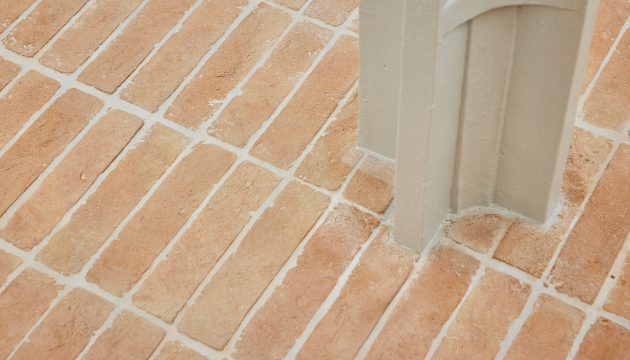 8th January 26
8th January 26
4 Ways to Win the Office Game in 2026
The office market is recovering, but not evenly. As we move into 2026, one thing...
Read More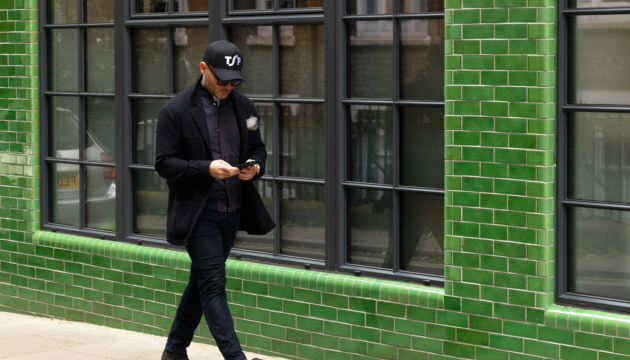 17th November 25
17th November 25
Lessons Learnt from 2025 | by Zac Goodman
The market shifted (again), expectations changed (again), and the way people use space evolved in...
Read More 10th November 25
10th November 25
From Vauxhall to Value: How Aldgate Became London’s Charity Heartland
TSP’s Jonathan shares his perspective on why Aldgate has become the go-to destination for London’s...
Read MoreView all